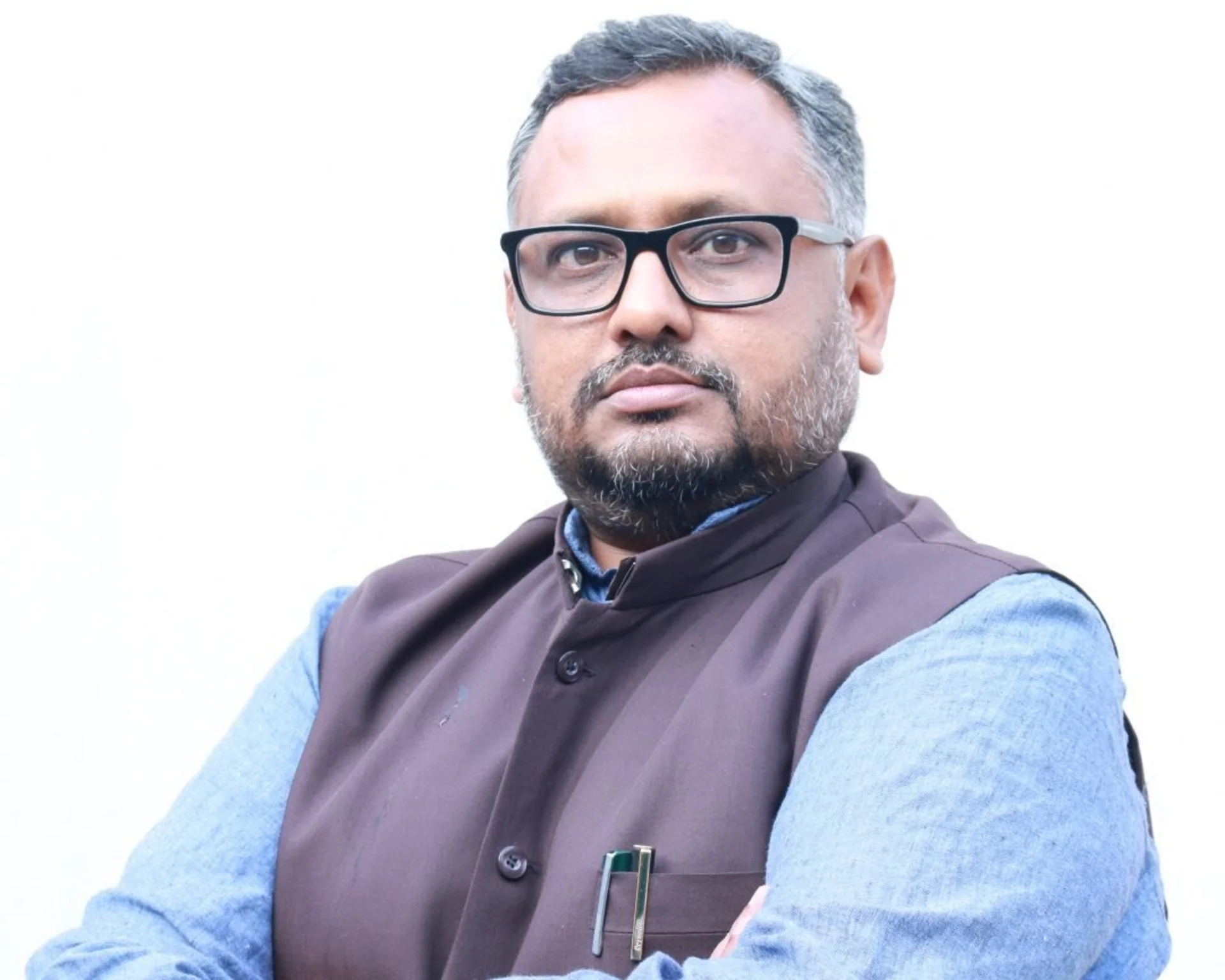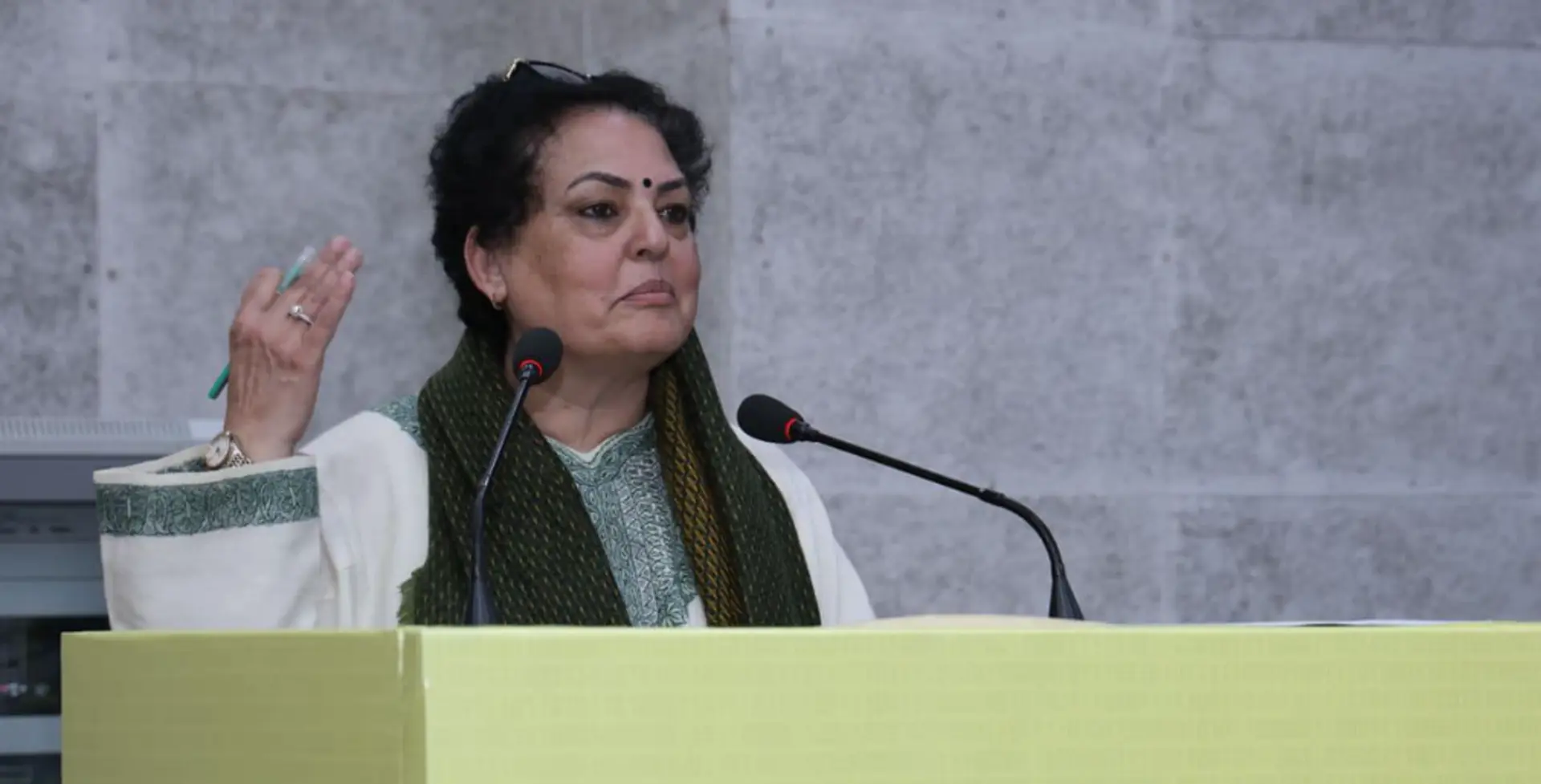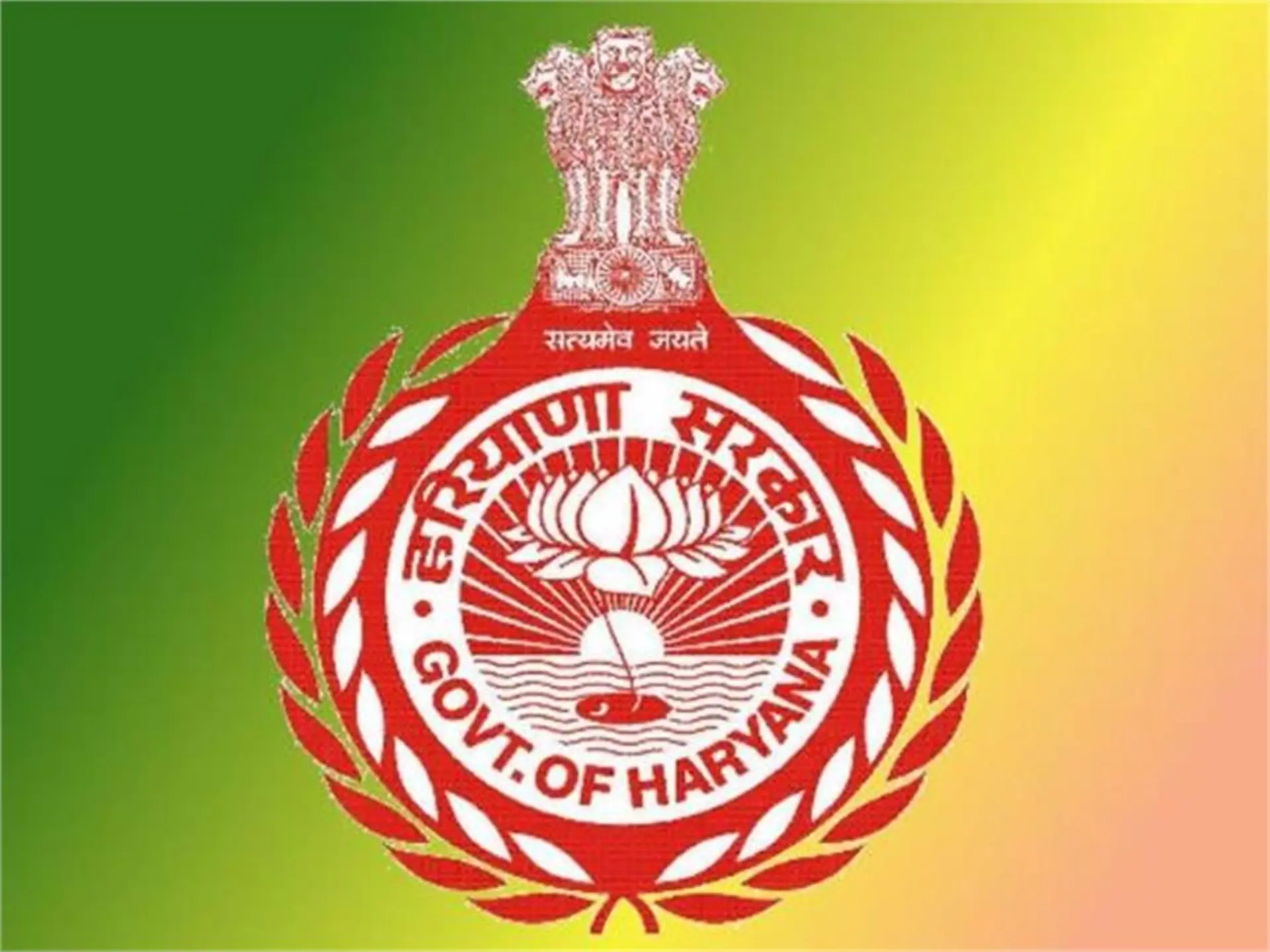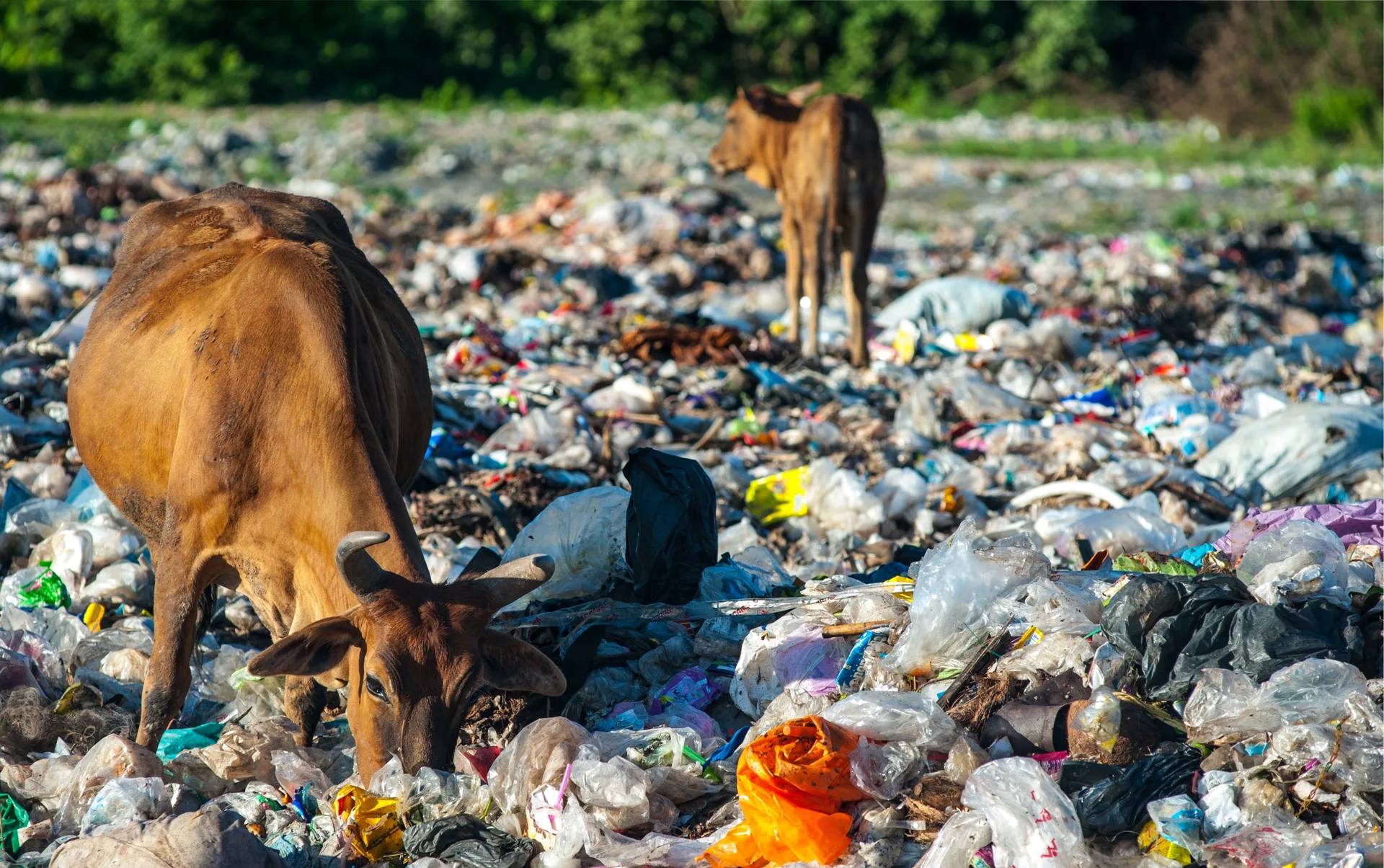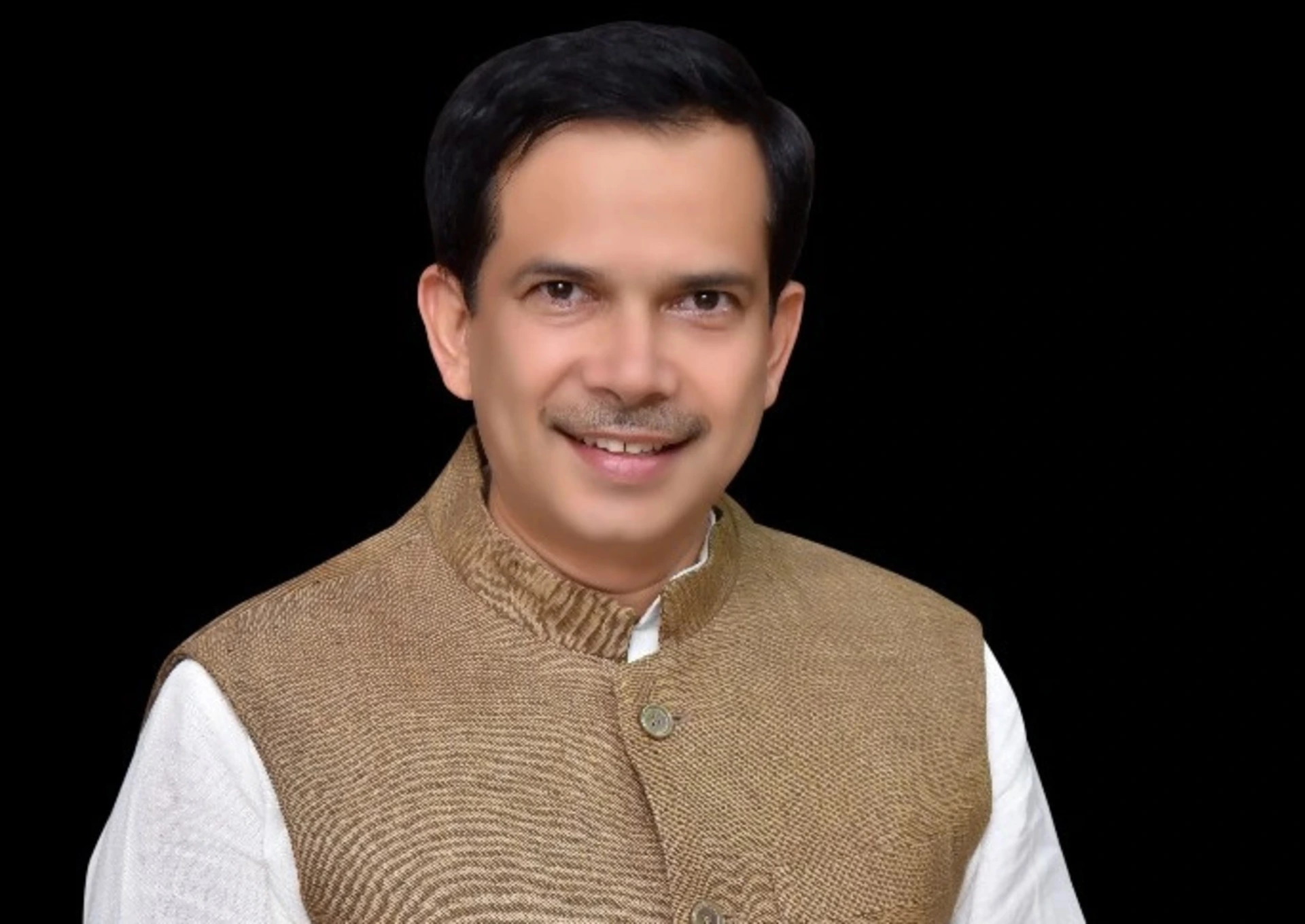
Today, on the Punya Tithi of Pandit Deendayal Upadhyaya, we pay tribute to a visionary thinker, an ardent nationalist, and a leader who dedicated his life to the service of Bharat. His philosophy, deeply rooted in the ethos of Indian culture, remains a guiding force in our national journey towards inclusive development and self-reliance. A proponent of ‘Integral Humanism,’ Pandit Deendayal Ji envisioned an economic and social order where every individual, especially the most marginalised, could thrive with dignity. His concept of ‘Antyodaya’—the rise of the last person—continues to shape the policy landscape of India today.
Pandit Deendayal Upadhyaya’s Vision of ‘Antyodaya’ and Integral Humanism
Born on September 25, 1916, Pandit Deendayal Upadhyaya was not just a political thinker but also a philosopher, economist, historian, and sociologist. His philosophy of ‘Integral Humanism’ sought to harmonise material and spiritual progress, advocating for a self-reliant and decentralised economic model with villages as the focal point of development. ‘Antyodaya’ was the cornerstone of his ideology—an unwavering commitment to ensuring that the poorest of the poor are uplifted.
His vision was not just ideological but pragmatic. He believed that a nation cannot progress unless its development policies are centred around the last person in the social hierarchy. His ideas resonated with the Gandhian philosophy of village self-sufficiency and inspired governance models that prioritise holistic human welfare.
The Contemporary Relevance of Pandit Deendayal Upadhyaya’s Ideals
In alignment with the Sustainable Development Goals (SDGs) 2030 and his philosophy of ‘Antyodaya,’ the Government of India has undertaken several initiatives to drive all-round and inclusive growth. These schemes aim at poverty alleviation, skill development, employment generation, women empowerment, rural electrification, and financial inclusion—directly reflecting his vision.
1. Deen Dayal Upadhyaya Antyodaya Yojana (DAY)
This ambitious scheme focuses on uplifting urban and rural poor through skill development and self-employment opportunities. It encourages the formation of Self-Help Groups (SHGs) for rural women, empowering them to access financial resources and improve their livelihoods.
2. Direct Benefit Transfer (DBT)
DBT embodies Pandit Deendayal Ji’s belief in minimising middlemen and ensuring transparent governance. By transferring subsidies and welfare benefits directly to the accounts of beneficiaries, the scheme eliminates leakages and enhances financial inclusion.
3. Deen Dayal Upadhyaya Grameen Kaushalya Yojana (DDU-GKY)
Launched in 2014, DDU-GKY is a pivotal scheme under the National Skill Development Policy. It focuses on providing wage-linked skill training to rural youth, transforming India’s demographic surplus into a demographic dividend. The scheme significantly contributes to the ‘Make in India’ campaign, empowering rural youth to participate in the nation’s economic progress.
4. Deen Dayal Upadhyaya Gram Jyoti Yojana (DDUGJY)
Electricity is the foundation of modern development, and DDUGJY, launched in 2015, has illuminated thousands of villages that remained in darkness since independence. This scheme has been instrumental in rural electrification, directly improving the quality of life in remote areas.
5. Mudra Yojana
Recognising the importance of micro and small enterprises, the government established the Micro Units Development and Refinance Agency (MUDRA) Bank. This initiative provides financial assistance to non-corporate small businesses, fostering entrepreneurship and self-employment, particularly among marginalised communities
6. Pradhan Mantri Ujjwala Yojana
One of the most transformative social welfare initiatives, Ujjwala Yojana, launched in 2016, aims to provide LPG connections to Below Poverty Line (BPL) households. By replacing hazardous traditional fuels with clean cooking gas, the scheme has improved the health and well-being of millions of women and children across India.
7. Deen Dayal Upadhyaya Swaniyojana Yojana
This upcoming initiative envisions a robust rural entrepreneurship ecosystem. By fostering self-employment opportunities for young people in villages, the scheme seeks to guarantee sustainable livelihoods and strengthen local economies.
A Legacy: Strengthening Bharat’s Future
Pandit Deendayal Upadhyaya Ji’s ideals continue to inspire our policymakers and governance frameworks. His unwavering belief in the upliftment of the underprivileged remains the cornerstone of various socio-economic policies today. His philosophy reminds us that economic growth is meaningful only when it ensures prosperity for all, leaving no one behind.
As we remember his sacrifice and dedication, it is imperative that we carry forward his vision of a self-reliant and inclusive Bharat. By fostering development policies that prioritise the last person on the social ladder, we can build a nation that is not only economically strong but also socially just and culturally rooted. The true tribute to Pandit Deendayal Upadhyaya Ji lies in our collective commitment to ‘Antyodaya’—ensuring that the light of progress reaches every corner of our society.



